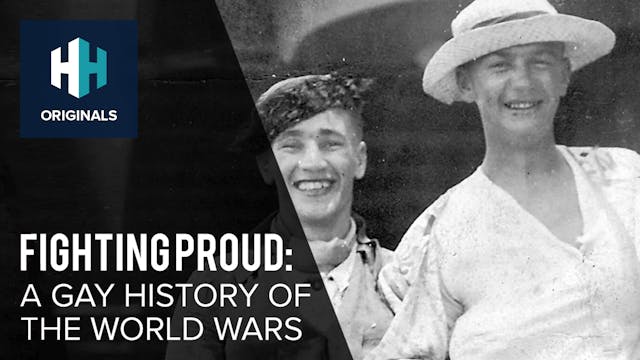Ghosts of the Romanovs
20th Century
•
7m 11s
At about 1am on 17 July 1918, in a fortified mansion in Ekaterinburg in the Ural Mountains, the Romanovs – ex-tsar Nicholas II, ex-tsarina Alexandra, their 5 children, and their 4 remaining servants – were awoken by Bolshevik captors and told they must dress and gather their belongings for a swift nocturnal departure. The White armies were approaching; the prisoners could already hear the boom of their big guns. They were told to wait in the cellar, while 11 or 12 heavily armed men ominously filled the room. What happened next – the slaughter of the family and servants – was one of the seminal events of the 20th century, a wanton massacre that shocked the world and still inspires a morbid fascination today. Not long after Stalin rose to power in the late 1920s, all mention of Russia’s last Imperial family, either in print or in public, was outlawed. Any nostalgia for the Romanovs went underground, but people did not stop believing in or praying for their Tsar - they simply did it in private. This situation prevailed for 60 years or more, until the collapse of the Soviet Union in December 1991. The minute the old, oppressive order was gone, the Russian Orthodox Church slowly began to reemerge, and with it came the veneration of the Romanov family – seen as the heart of their faith. But growing concern about the persistence of love for the Romanovs meant that by the 1970s radical measures were taken to suppress it. In this exclusive piece, Helen Rappaport reveals the untold story of modern Russia’s obsession with the Romanov family and the place where they died.
Up Next in 20th Century
-
Forgotten Heroines of the East End
Katie Wignall, founder of Lookup London, shines a light on the stories of several heroines who transformed the East End of London: Annie Besant, Annie Brewster and Sylvia Pankhurst. From writers to activists and nurses, Katie explains how the legacy of these women endures to this day.
-
Fighting Proud: A Gay History of the ...
At the end of World War Two the British public wanted to get back to ‘normal’. The gay men who had served their King and country found themselves subjected to a vigorous enforcement of the draconian law that would put them into prison if they were found guilty of indecency. But servicemen living ...
-
F-35 Simulator
The F-35 is the latest plane to join the ranks of the RAF. What is so special about it is that it is a single-seat, single-engine fighter aircraft designed for many missions with advanced, integrated sensors built into every aircraft. Missions that were traditionally performed by small numbers of...



